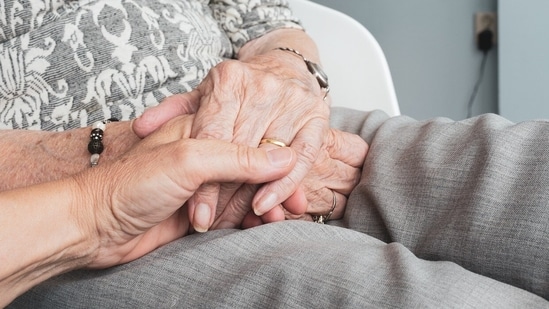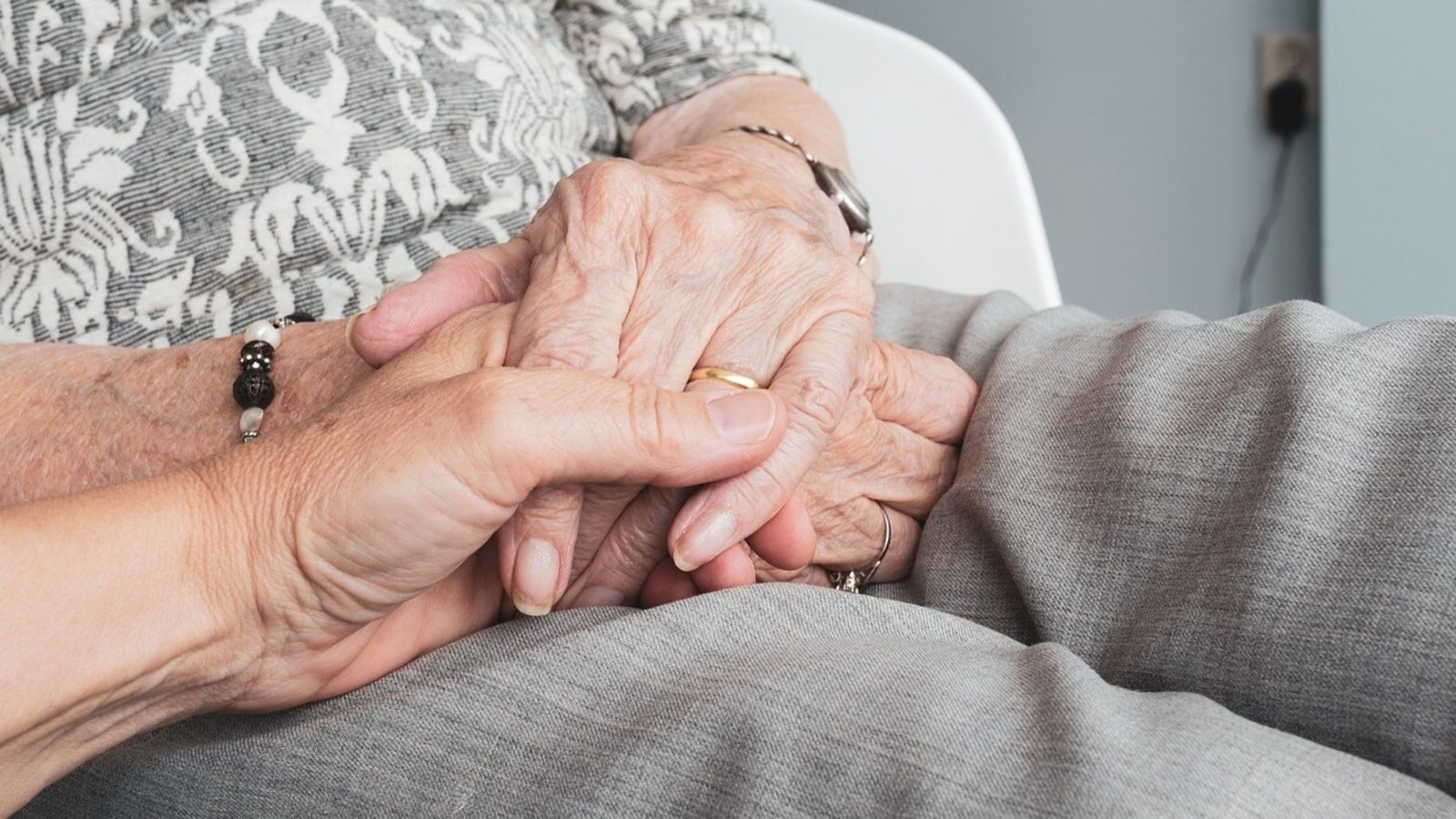Decades of building health care and senior care systems in India has left me in continually inspired by the resilience and optimism of our seniors. They are not just participants but active architects of our country’s social and cultural fabric. Their lived experiences and wisdom hold immense value, showing us how life can be lived with purpose and fulfilment.
 Senior citizens (Representational Image/Pixabay)
Senior citizens (Representational Image/Pixabay)
Yet we stand at an extraordinary demographic inflection point. By 2050, one in every five Indians will be a senior citizen, with the 60+ population projected to reach 347 million—more than doubling from today’s 157 million. Life expectancy has surged from under 50 years in the 1970s to nearly 70 today. These profound shifts demand nothing less than a complete reimagining of ageing in India.
Ensuring that our seniors’ golden years are marked not by unpreparedness or worry, but by dignity, purpose, and joy is no longer just a moral imperative, it’s a demographic reality we must embrace. The question is how effectively we can transform this challenge into India’s greatest opportunity. To do so, we must take an honest look at where we stand today.
The challenges are stark: 70% of seniors remain financially dependent, digital distrust excludes many from financial systems, and widespread prevalence of chronic conditions like cardiovascular disease, hypertension, diabetes, bone and joint issues strain health resources. Isolation is rising as joint family systems fragment—nearly one in five older women now live alone. Mental health issues are growing, with 30% reporting depressive symptoms. Meanwhile, institutional care reaches only 5% of seniors, with less than 0.7 hospital beds per 1,000 seniors.
Addressing these challenges requires not just better policies and systems of care, but also a fundamental shift in how we perceive ageing itself. The first step is to recognise that a positive outlook hinges on three pillars: emotional well-being, lifelong learning, and social connection. Meaningful connections counter isolation, emotional resilience grows when seniors are treated with dignity, and continued learning fosters creativity. Ageing, then, is a stage of transformation—one that can bring renewed purpose and contributions to society. Far from being passive recipients of care, seniors today can be, and want to be, dynamic participants in their life journeys: mentoring the next generation, conserving cultural traditions, volunteering in communities, and even embarking on second careers.
However, for this vision to be sustainable, it must be underpinned by financial security and supportive ecosystems. Financial stability for seniors means access to robust pension schemes, tax-efficient savings products, targeted subsidies, and wider coverage of frameworks like the National Pension System (NPS) to ensure a steady income. Equally critical is the expansion of cashless insurance coverage, particularly for transition and assisted care, so that seniors and their families are not burdened with out-of-pocket expenses during critical health episodes, which tend to increase as life progresses. Building financial resilience also requires empowering seniors to confidently navigate the financial system digitally, ensuring they are not excluded from modern banking, savings, and insurance tools.
Community living models must also evolve. India’s senior housing sector is projected to grow over 300% to $ 7.7 billion by 2030, with demand rising from 1.57 million households in 2024 to 2.27 million by 2030, signalling not just real estate growth but a shift toward inclusive, vibrant communities where seniors balance independence with shared support. Here again, digital inclusion can be a game-changer with remote health monitoring, AI companionship, simplified communication tools, and virtual social platforms helping seniors maintain autonomy, purpose, and connection; training programmes to onboard seniors into digital ecosystems further deepen societal bonds and reduce loneliness.
Encouragingly, policy is evolving. The NITI Aayog policy roadmap for the elderly outlines reforms across health, social security, and digital empowerment. The expanded Ayushman Bharat scheme is a landmark: the Ayushman Vay Vandana Card, launched in 2024, offers all citizens 70+ an annual ₹5 lakh cover, including pre-existing conditions with no waiting period. Delhi runs special Sunday clinics for those aged 60+, establishing Ayushman Arogya Mandirs in each constituency with dedicated staff and free healthcare. Together, these steps signal a move toward a more cohesive, empathetic framework.
Ageing in India is not a crisis to be managed, but an opportunity to be redefined. The numbers are clear, the policies are evolving, and the innovations are emerging, but the true measure of progress will lie in how seamlessly we weave dignity, purpose, and joy into the everyday lives of our seniors. This is not the work of government alone, it is a collective responsibility that spans families, communities, businesses, and the civil society. For a nation as young as ours, there can be no greater test of maturity than how we honour, empower, and walk alongside those who came before us.
This article is authored by Rajit Mehta, MD and CEO, Antara Senior Care.
